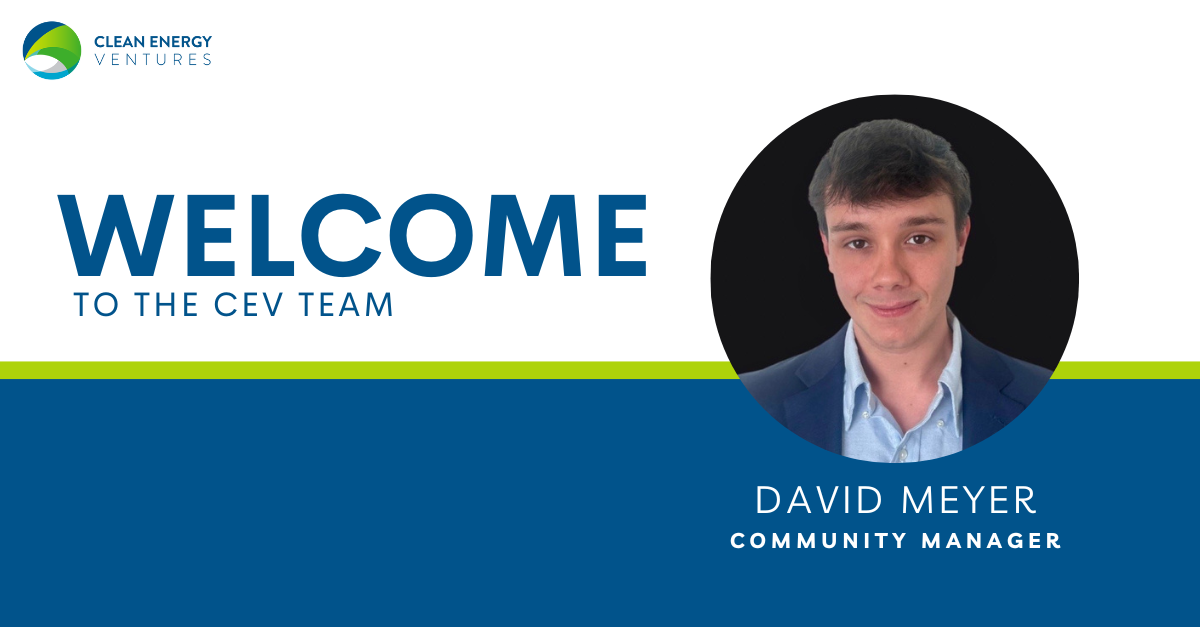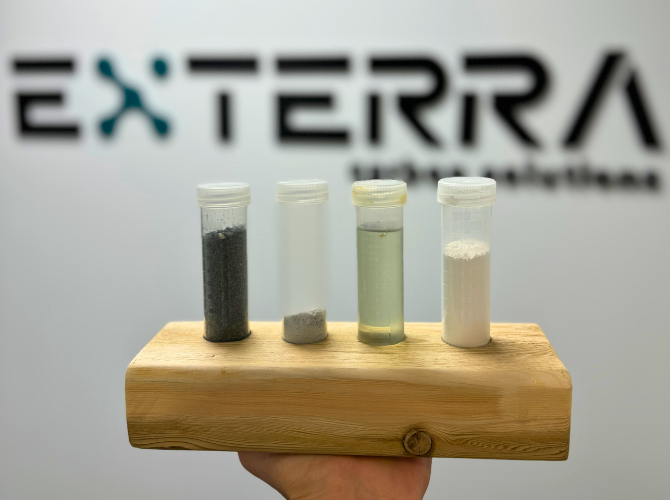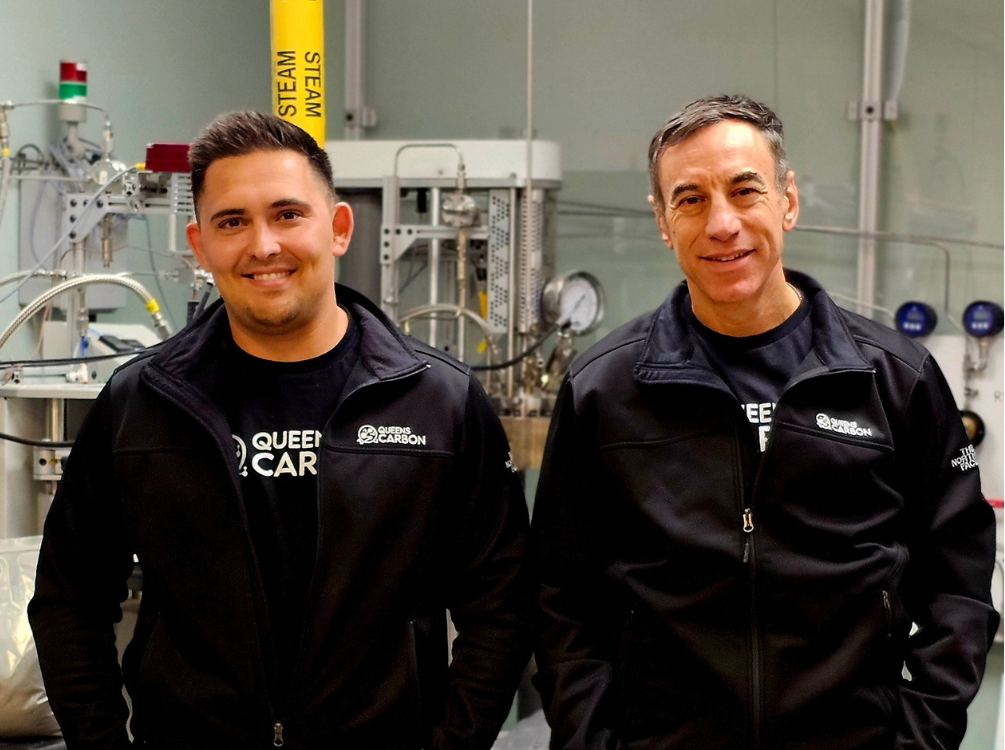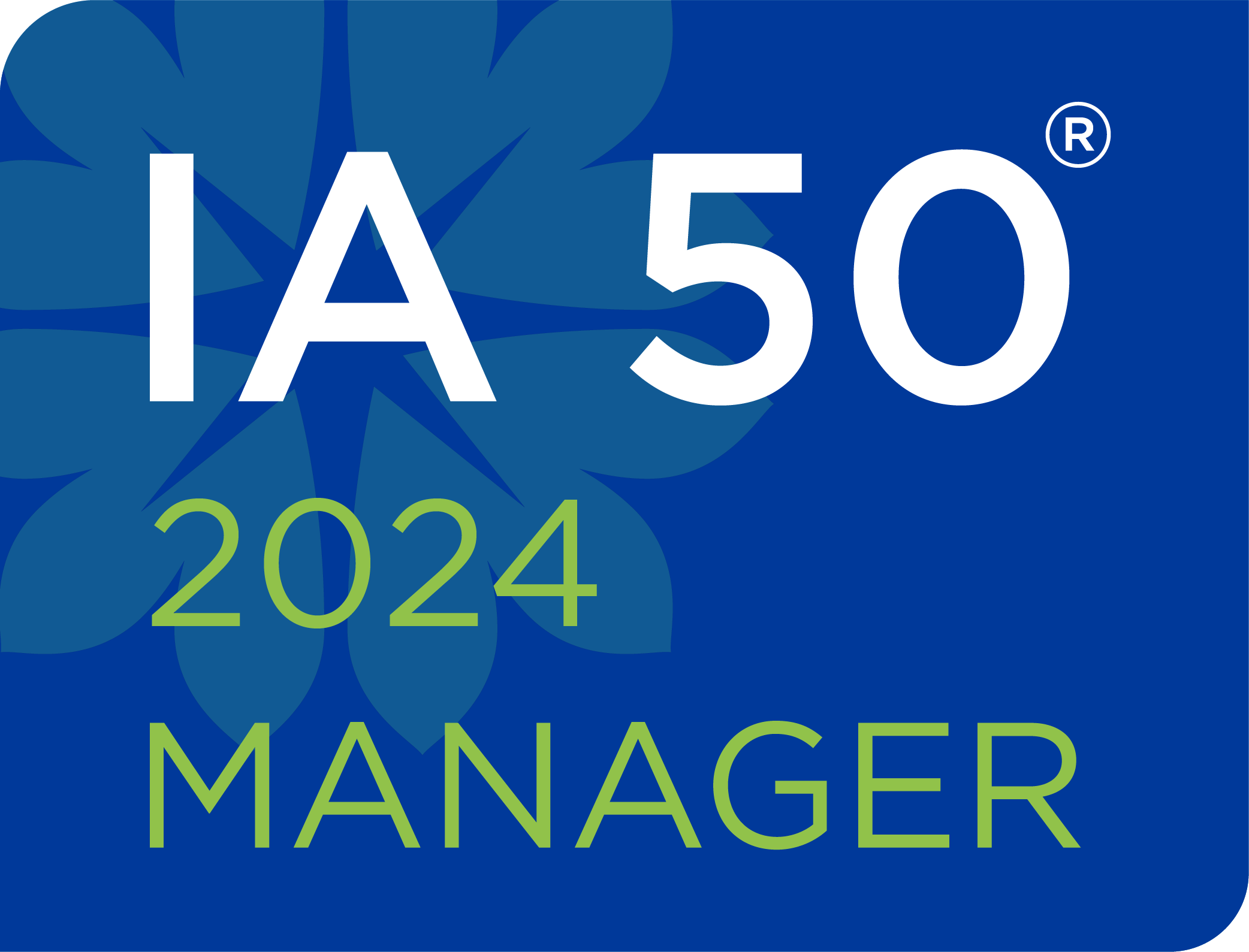On Friday, the $350 billion American relief act for small businesses opened for applications. The guidance and policies for these Federal loan programs have been quickly developed and were actively shifting as late as midnight on Friday. In venture capital and venture capital-backed small businesses, we’ve been paying particularly close attention to the affiliation rule that previously barred PE and VC-funded organizations from submitting for Federal loans in some instances. The current opportunity is the Small Business Administration’s Paycheck Protection Program (PPP) that will bring swift support to payroll challenges most small businesses, including our portfolio companies, are facing.
Some of these CARES Act loans (such as the PPP) are reportedly first-come, first-served – and there’s some serious concern about how smooth the application process and payout of the program will be. We certainly don’t have all the answers, but to attempt to address these new time-bound risks and challenges, Clean Energy Ventures created a few critical touch points and communications methods to help our portfolio companies make the most of a confusing and fast-changing situation.
1. A week ago we set up a call to answer questions and share learnings from 2001 and 2008.
As we enter an economic downturn, most startups are probably hearing from their investors that they need to be conservative with cash and consider reducing their headcount. Since our managing directors and venture partners were already in daily conversation with startup founders and CEOs on topics like this, a call to share these priorities would not be productive. However, across Clean Energy Ventures, our collection of 17 venture partners, and the entire Clean Energy Ventures Group of experienced entrepreneurs we have some deep experience in weathering economic downturns and recessions over the past two decades. Many of our mentors found ways to not only survive, but grow, during tough economic times.
Our aim was to create an opportunity for founders and CEOs to have their pressing questions answered and re-assure them that they should put their employees’ health and wellbeing first. We hosted a virtual meeting that gave our founders and CEOs an opportunity to hear questions from other companies, ask questions of each other, and benefit from the perspective of our experienced mentors. We found most of the time and value was in enabling everyone to share information, ask their questions, and trigger a followup afterwards to get answers to the most pressing questions regarding federal funding and general crisis tips. We are finding this network effect to be extremely powerful.
2. We connected our current and legacy portfolio companies to share ideas and interpretations.
The Federal PPP has been particularly tricky over the past two weeks. The guidance is foggy and changing, and the application forms have some areas that require interpretation. In a first-come, first-served program, misinterpretation of important numbers like 12-month average salaries (for what period?) could risk holding up an application, or worse denial, and missing the window for funding.
To address this challenge, we created an email communication channel for our founders and CEOs to easily share how their organizations are weighing the risks and rewards of different interpretations when time is not on our side. As a result, the CEOs were able to borrow best practices from each other – like where one organization’s seasoned CFO could provide valuable perspective to startups that hadn’t intended on hiring a CFO until next year. This also worked well for identifying eligible banks and troubleshooting application issues.
3. We plugged in our venture partners, lawyers and experts to provide perspective and up-to-date analysis.
Alongside this active dialogue between our founders and CEOs, we brought in our experts and those of the portfolio companies. Top tier financial advisers, law firms and accounting firms contributed perspectives and were shared among the group. They were also a great resource for sharing important documents and interpretations released from the government as they became available. We are thankful to law firms like Mintz Levin, Foley Hoag, WSGR and Cooley, and accounting firms like Edelstein and ecoCFO for their perspectives and support.
As applications for PPP open, we’re now confident our founders and CEOs have the tools they need to submit compliant applications at a time when they—and all small businesses—need it most. We’re hoping to continue the active dialogue across companies and experts in the coming weeks and months as the PPP process continues and we evaluate the other components of the CARES Act, and as our country continues to battle the coronavirus.




